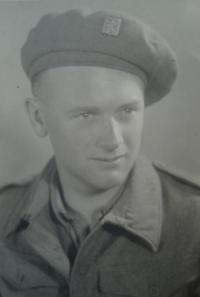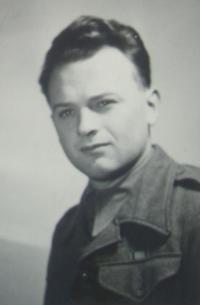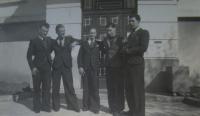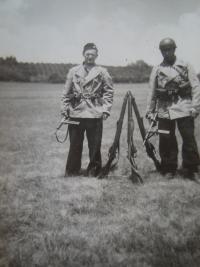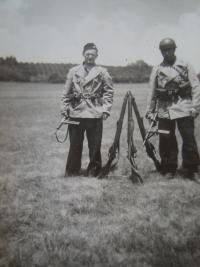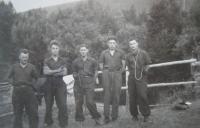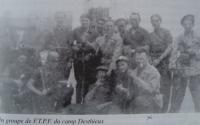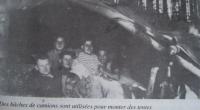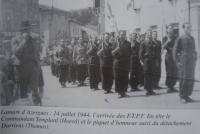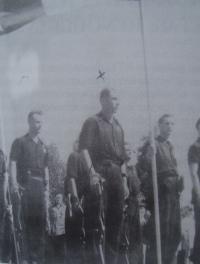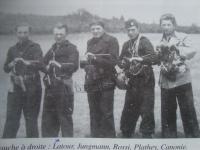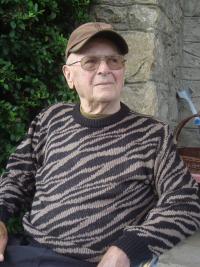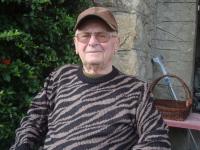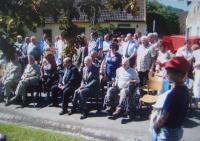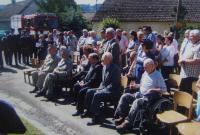It was stupid of us that we have remained in Czechoslovakia

Download image
Lieutenant Miloslav Jungmann was born October 11, 1924 in the village Velká Dobrá near Kladno in the then Czechoslovakia. However, he didn’t stay for long in his native village, because already two years later he moved with his parents to France. He began attending an elementary school there and later he learnt the locksmith’s trade there. That was already in 1942 and since Miloslav Jungmann had contacts with the French macquis partisans, with whom he operated as a civilian, the French militia began to focus their attention on him. He therefore decided to run over to the macquis side entirely and in early 1944 he became one of them. He operated with the partisans in the mountains near Lyon, and he was even chosen as the commander of one of the squads. In 1944 he established contacts with Czech soldiers from the government army who were passing through Switzerland from Italy to northern France and together with them he joined the 1st Czechoslovak independent armoured brigade on October 13, 1944 in Amiens in France. He took part in the siege of Dunkerque as a motorized messenger serving in the command company. When the fighting was over, the brigade moved to southwest Bohemia. Here he met his future wife and later he settled in the village Měcholupy near Klatovy. At first he worked as a driver for a foreign trade company, later as a driver for fishermen, and at last he became employed in the Škoda factory in Pilsen. He died on July 31, 2013.
